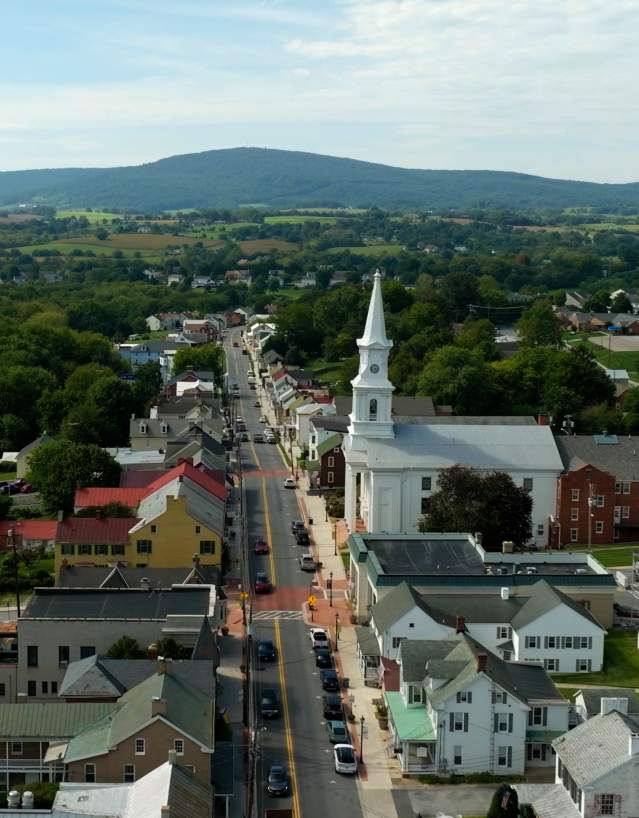Ransom of Middletown, Maryland - July 1864
In July 1864, Confederate forces descended on Frederick County communities on their march toward the Union capital at Washington, DC. Along the way, they began ransoming Maryland communities and threatening them with destruction. The community of Middletown was squarely in their crosshairs.
The History
Confederate forces under General Jubal Early spilled across the Potomac River near Williamsport, Maryland on July 5-6, 1864, quickly moving to occupy Hagerstown. After ransoming that Washington County community for $20,000 on July 6, the Confederate army moved east over South Mountain and into village of Middletown. Early's goal: move quickly south and east toward the lightly defended northern approaches to the Union capital at Washington, DC.
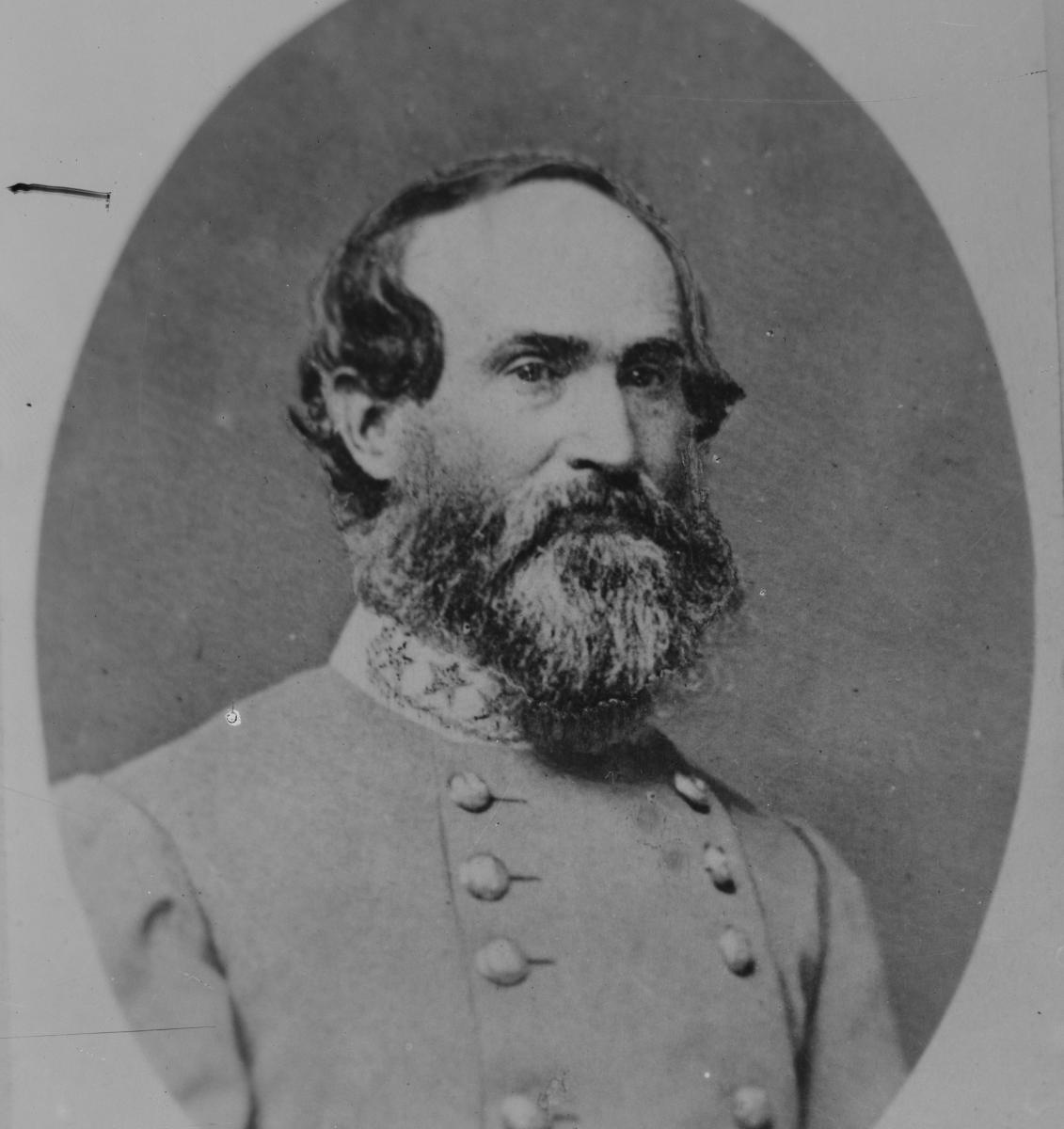 Confederate General Jubal Early - Library of Congress
Confederate General Jubal Early - Library of Congress
The residents of Middletown had seen armies pass through their community on numerous occasions during the Civil War, and had hosted numerous hospitals in 1862 after the battles of South Mountain and Antietam. But nothing prepared them for this occupation by a vengeful Confederate army.
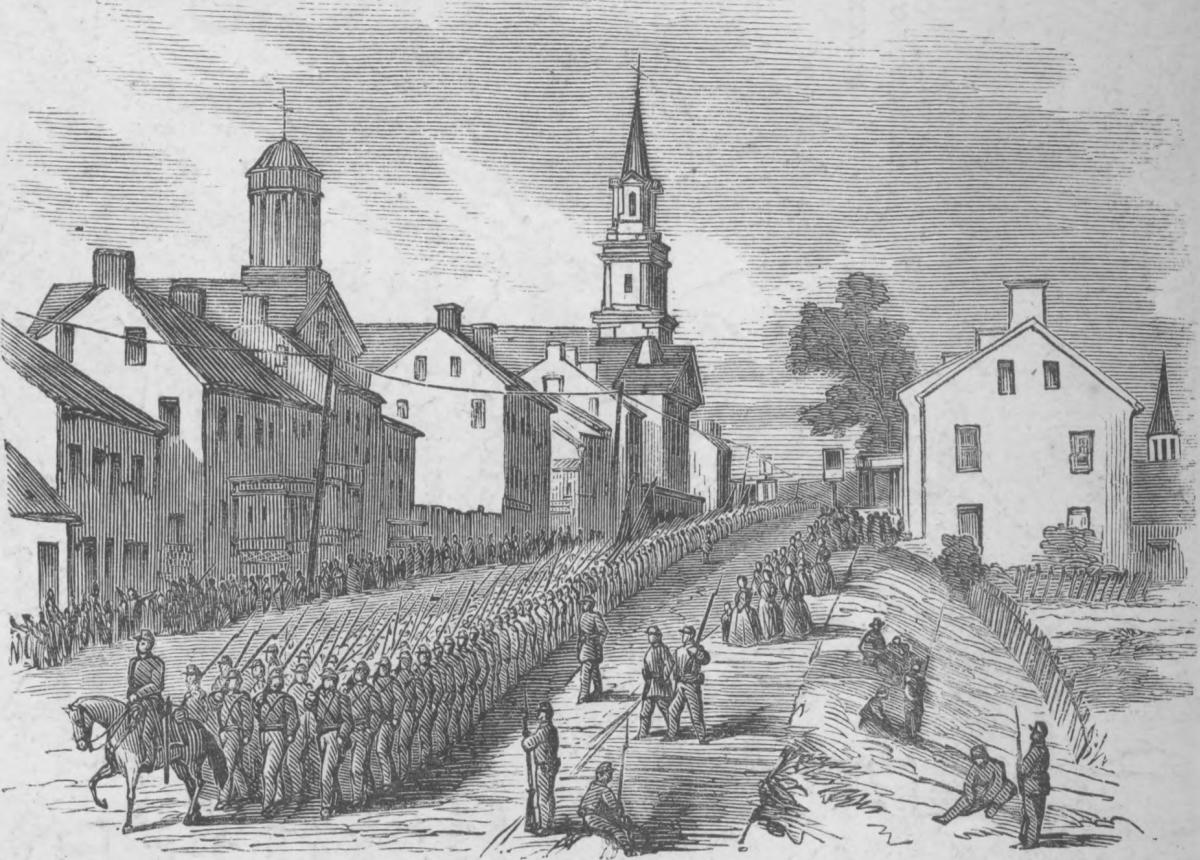 US Army soldiers marching through Middletown in September 1862 - Library of Congress
US Army soldiers marching through Middletown in September 1862 - Library of Congress
Throughout the summer of 1864, fierce fighting in Virginia's Shenandoah Valley had the seen US Army forces burn down the Virginia Military Institute (VMI) and fighting across Virginia left vast swaths of the state desolate and in ruins. Confederate soldiers threatened to bring this "hard war" to Maryland for the first time.
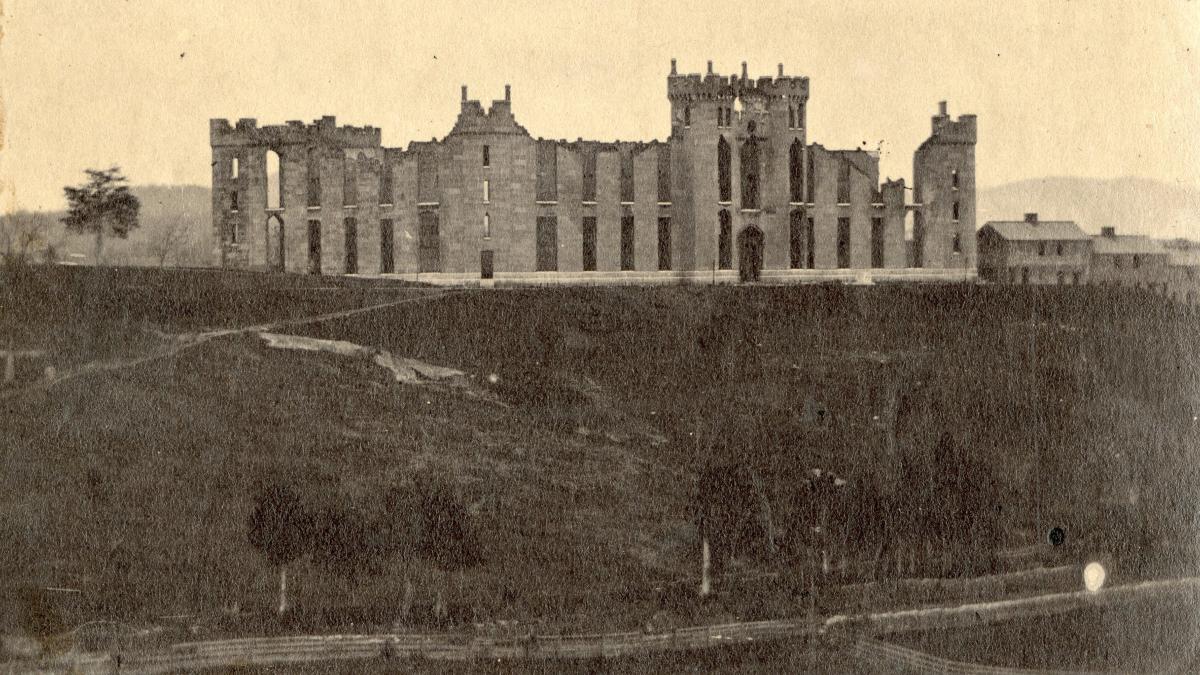 The burned out remains of the Virginia Military Institute - VMI Archives Digital Collections
The burned out remains of the Virginia Military Institute - VMI Archives Digital Collections
On July 7, Confederate cavalry swept into Middletown. Confederate officers ordered that local residents supply each soldier with food. Each passing hour brought more soldiers to town and with them came more forceful demands. Food for each soldier became the order to procure 8,000 rations on July 8 as the bulk of the Confederate force passed through Middletown on its way to Frederick. A third and final demand was given to Middletown: pay a $5,000 ransom or the town would be burned.
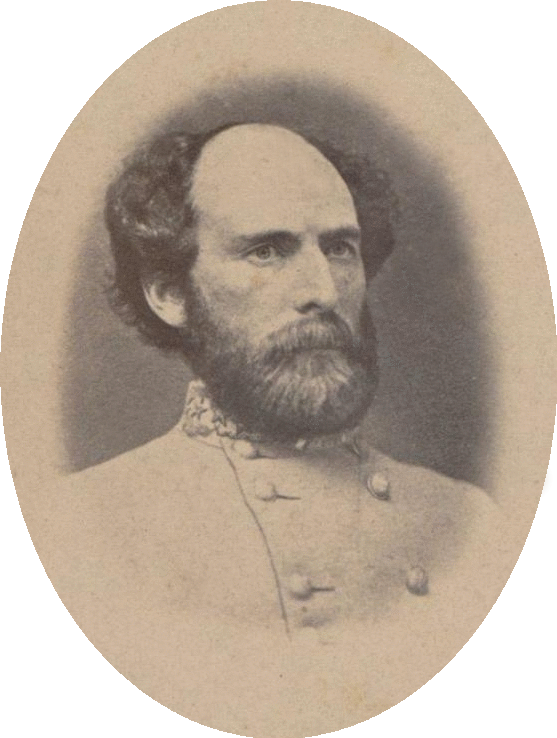
The first installment of $1,500 was paid on the morning of July 9th. Town leaders scrambled unsuccessfully to come up with the remaining $3,500. Luckily for them, events taking place miles away in the City of Frederick meant that Confederate retribution never arrived. Jubal Early had eyed a bigger prize, ransoming Frederick for a staggering $200,000. Confederate forces won the Battle of Monocacy later on July 9 and continued on their ill-fated raid on the capital at Washington.
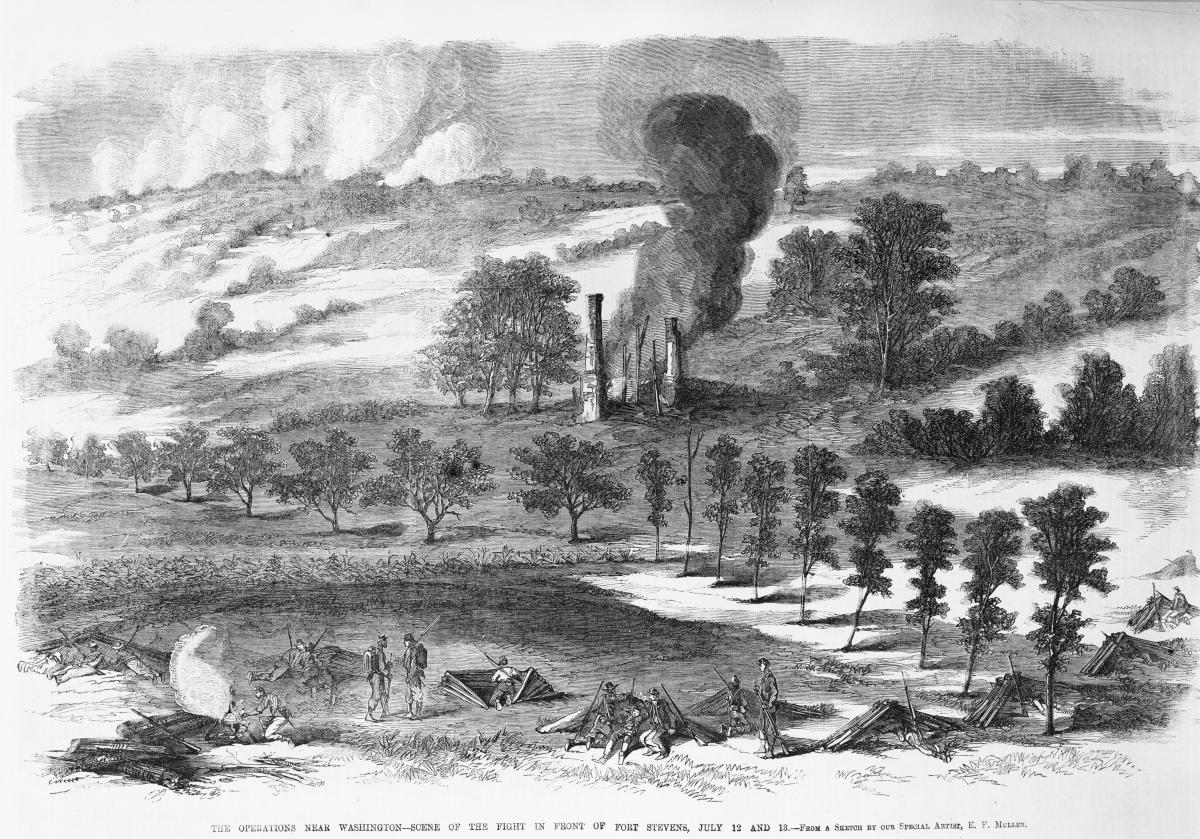 Scene on the battlefield near Fort Stevens in Washington, DC. Jubal Early's Confederate forces unsuccessfully attacked the defenses of Washington on July 11-12, 1864 before retreating across the Potomac River into Virginia. - Library of Congress
Scene on the battlefield near Fort Stevens in Washington, DC. Jubal Early's Confederate forces unsuccessfully attacked the defenses of Washington on July 11-12, 1864 before retreating across the Potomac River into Virginia. - Library of Congress
This July 1864 invasion was the last time Confederate forces occupied Middletown.
Today
Main Street Middletown is a thriving town on the Historic National Road scenic byway, the perfect place for a road trip exploring the region's incredible history. Located at the center of the Middletown Valley, this town of 5,000 residents serves as a great jumping off point to explore western Frederick County.
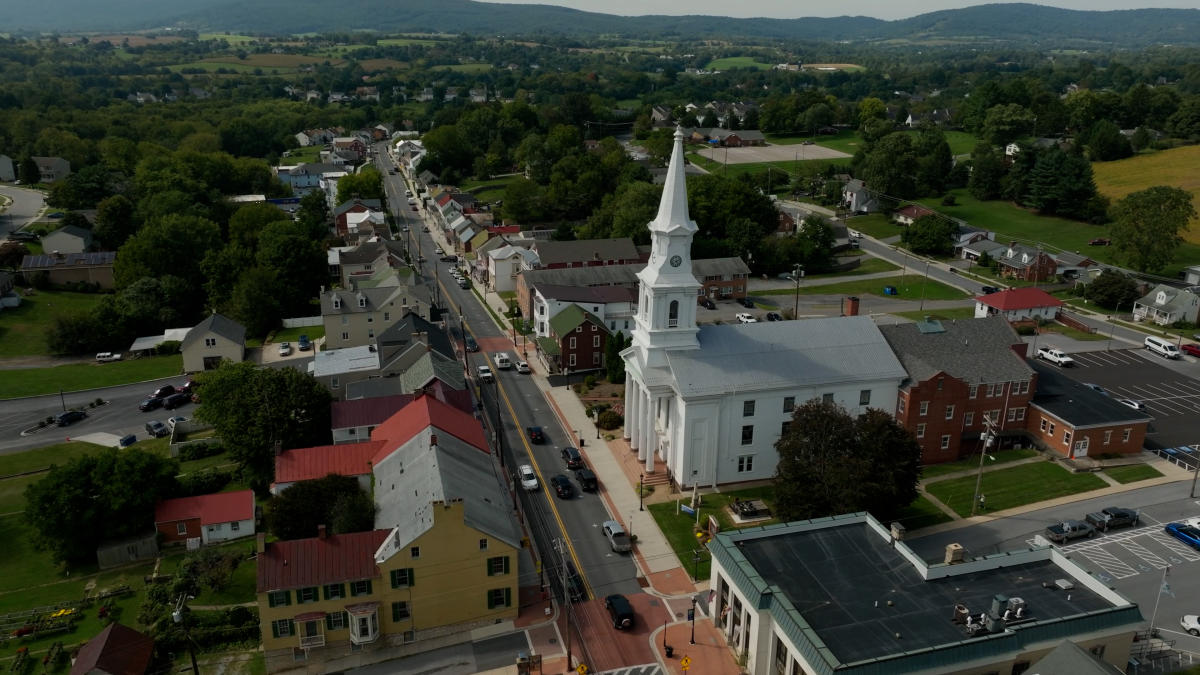
What's Nearby
While your exploring the numerous Civil War Trails passing through Middletown, be sure to get out of your car and explore Main Street Middletown. Grab a bite to eat at The Main Cup, and you'll be enjoying a meal in an early 20th century ice cream factory. Be sure to check out the self-guided history walking tours of Middletown for even more of the town's history.
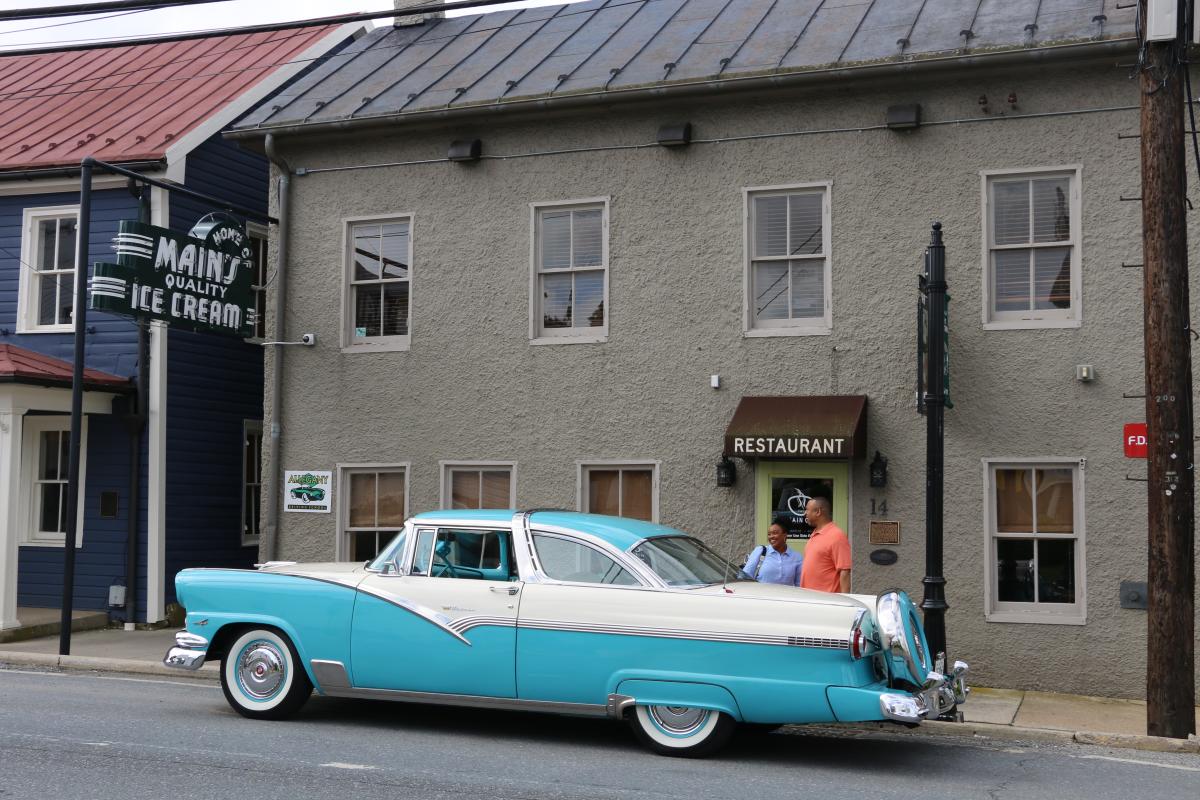
For the American history and outdoors enthusiasts, there's plenty to explore west of Middletown. South Mountain rises up from the countryside and is home to plenty of great hiking opportunities on the Appalachian Trail and in numerous state parks. Several of these parks, Gathland State Park, South Mountain State Battlefield, and Washington Monument State Park, tell the story of the Battle of South Mountain that took place on September 14, 1862.
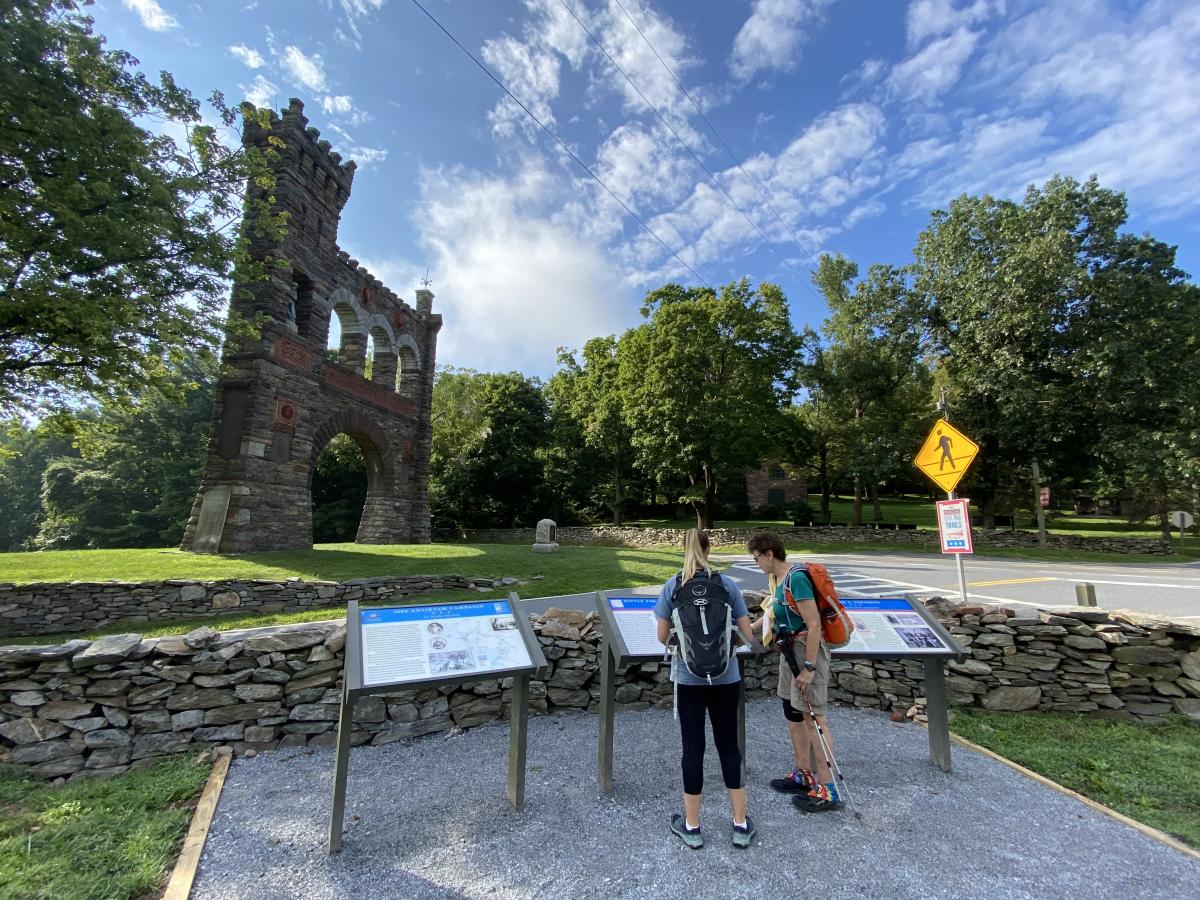 Hikers at the War Correspondents Memorial Arch in Gathland State Park, site of the 1862 Battle of South Mountain.
Hikers at the War Correspondents Memorial Arch in Gathland State Park, site of the 1862 Battle of South Mountain.
After exploring these sites, make sure to check out South Mountain Creamery, a local dairy featured on Maryland's Ice Cream Trail. It's located on property that once served as a staging area for the US Army during its attack on Fox's Gap during the Battle of South Mountain.

And don't miss Frederick County's most unique craft beverage destination. Just north of Main Street Middletown is Orchid Cellar, Maryland's first meadery that's serving up sweet and spicy mead that's become a favorite across the region.
More Resources
Books (access through Bookshop.org and make sure to support Frederick bookseller Curious Iguana)
Determined to Stand and Fight: The Battle of Monocacy, July 9, 1864 by Ryan Quint
Battle of West Frederick, July 7, 1864: Prelude to Battle Of Monocacy by Joseph Collins
Articles
"Summer of Retaliation and Ransom" - South Mountain Civil War
"Middletown in the Civil War" - Main Street Middletown
